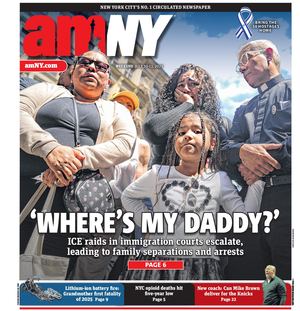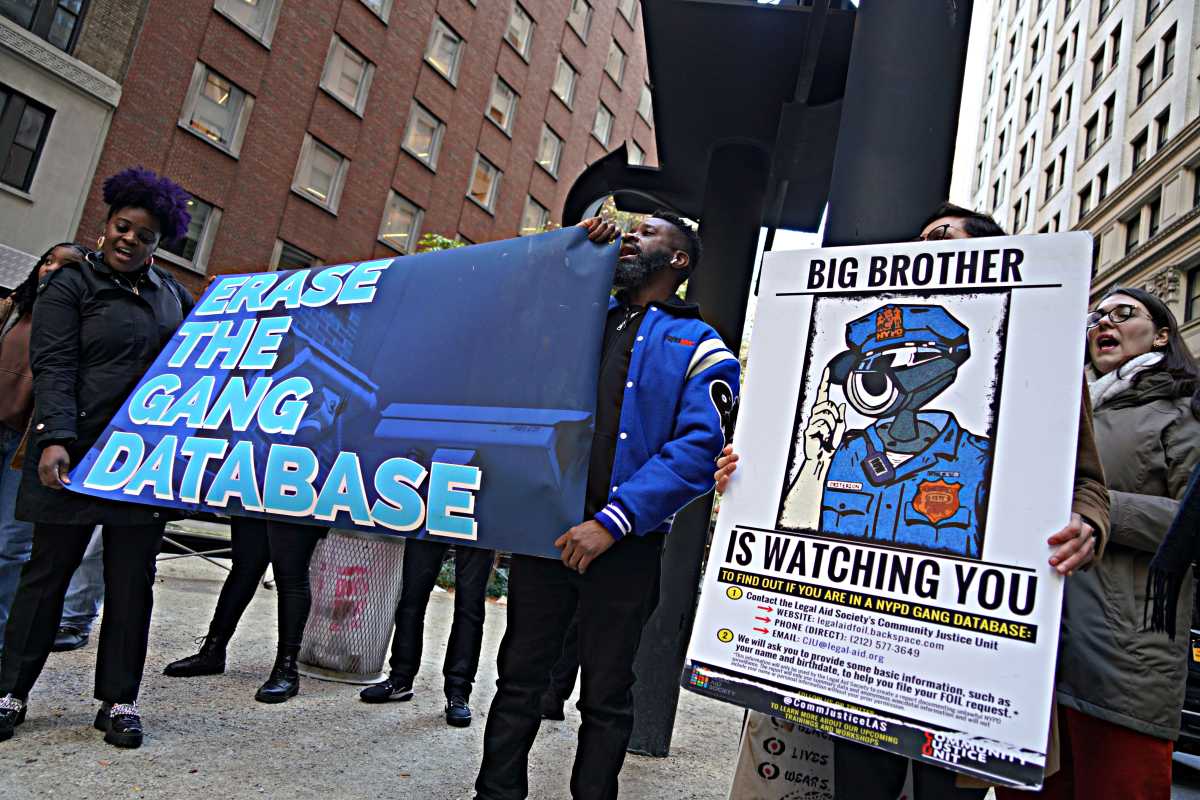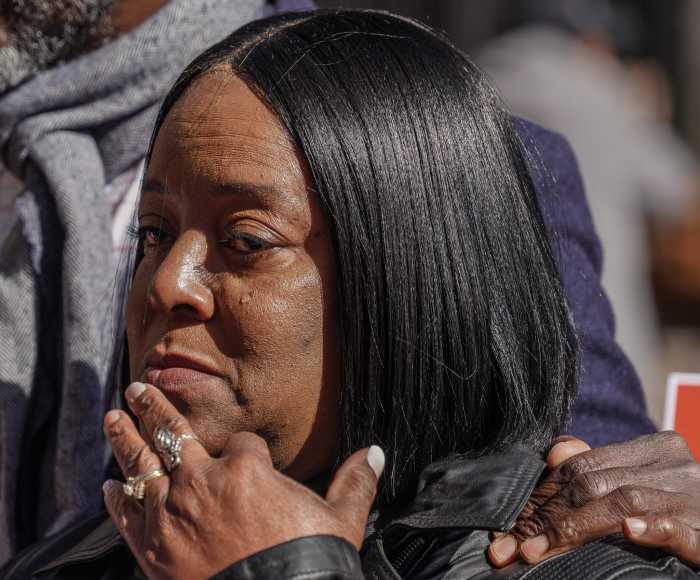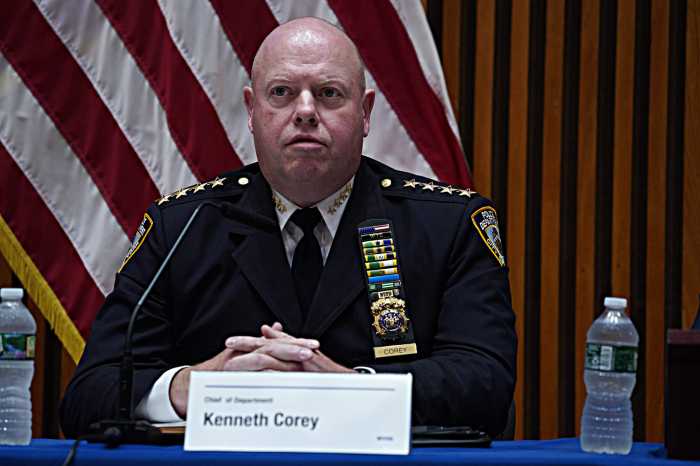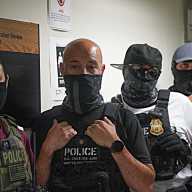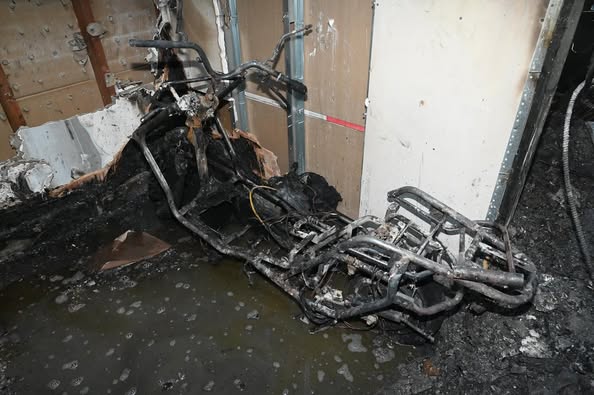The Legal Aid Society and several elected officials rallied outside of the Office of the Inspector General for the NYPD Monday to demand the release of a report regarding a controversial database — yet the NYPD feels the cause is misguided.
The NYPD’s Criminal Group Database lists some 18,000 individuals who law enforcement believe have relations to a gang or connection to a gang. It is billed as a critical tool that helps police identify and prevent trigger pullers from unleashing a hail of bullets into communities.
However, the Legal Aid Society and the G.A.N.G.S Coalition allege that the crime index is filled primarily with Black and Brown New Yorkers, making it an instrument for injutice.
“What we want to do today is send a clear message. Earlier this year at a City Council hearing, the Department of Investigations Commissioner said that this report will be released this year. This is mid-November, and we need this report released ASAP. It’s been 5 1/2 years. We want to tell them to release the report so that we can work to erase it,” Josmar Trujillo of the GANGS coalition said.
According to demonstrators, investigations into the database began back in 2018 by the Department of Investigation following an audit that same year. The findings were reportedly expected to be released before the end of 2022, yet with less than two months before 2023, those interested in the results are asking what is holding up the release.
In addition to calling for its unveiling, speakers also urged for the database to be abolished.
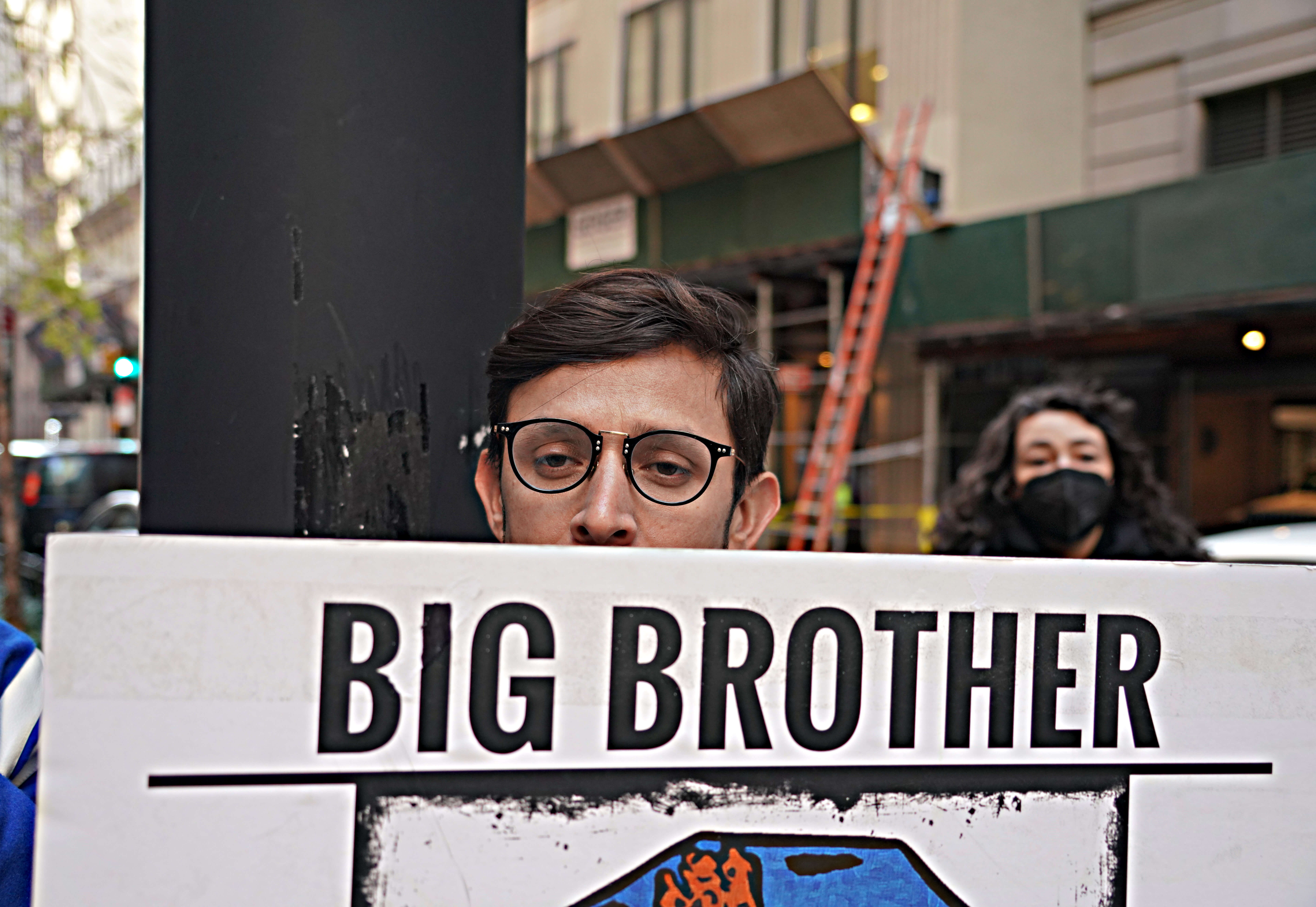
However, the NYPD responded to the demand by calling it “misguided.”
According to an NYPD spokesperson, the NYPD’s Criminal Group Database is needed to ensure law enforcement can understand the full scope of a gang and the crimes they have committed. Police feel if this database was not maintained, the lives of New Yorkers could be at risk.
“Calls to abolish the NYPD’s Criminal Group Database are misguided. An unfortunate pattern emerges each year with shootings in New York City and that is that a significant portion of those shootings have a nexus to gang activity where either the shooter or the victim is a member of a gang. In order to effectively combat gang violence, the police need to understand the size of these criminal groups, their scope, who its members are, and the crimes they have committed. This is what the database provides and it would be irresponsible for the NYPD to not understand these groups,” according to an NYPD spokesperson in a statement.
Additionally, the NYPD underscored that the database is not solely used to solve violent, gang-related crimes, shootings and homicides, but it also provides potential foresight into what could be gang-related retribution.
“The Department does not only use the database to solve violent crimes such as gang- related shootings and homicides, but the information in the database has also proved to be critical in getting ahead of gang-related retribution, thereby helping the NYPD, neighborhood based groups and violence interrupters to prevent retaliation shootings,” an NYPD spokesperson stated.
According to the police department, there are numerous rules that must be adhered to for the NYPD’s Criminal Group Database, which includes “strict and transparent set of rules and criteria, multiple levels of review, and is subject to audits to remove individuals no longer active in gang activity.”
The NYPD fears that if investigators are prevented from having access to this critical information, it will be detrimental to the communities most affected by the shootings and murders of young people in their streets.
